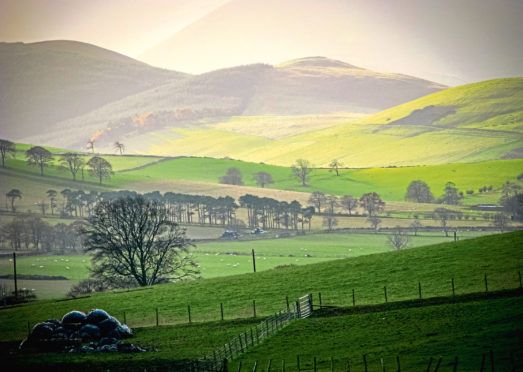The publication of the latest thinking on the formation of Regional Land Use Partnerships (RLUPs) has done little to assuage concerns among farmers’ leaders over funding or how the agriculture industry will be represented on future boards.
The Scottish Land Commission (SLC) published its advice to the Scottish Government on the proposed bodies which the government expects to lead to a more collaborative approach to land use decision making.
Starting in 2021, the quango envisages the establishment of around 12-15 partnerships covering all of Scotland, connecting urban and rural areas based on the geography of planning authorities.
However, the farmers’ union is frustrated that concerns over detail remain unanswered following a recent online conference on the subject attended by 130 farmers and landowners. They include worries over the potential impact on the business operations of farms and crofts.
Speaking after the publication of advice, NFU Scotland (NFUS) president Andrew McCornick said: “Crucially, NFUS is clear that the budget for these partnerships must not draw down on Scottish Government’s existing funding commitments to agriculture and rural development.
“Debate during our conference was also clear that, given agriculture is the dominant land use across most of Scotland, the interests of Scotland’s farmers and crofters must be appropriately represented when it comes to the creation of RLUPs and board appointments at a regional level.
“That would ensure a fair and transparent discussion within RLUPs on any issue that could potentially impact on an agricultural business.
“Farmers and crofters are committed to playing a full part in the nation’s response the climate and biodiversity crises, but it is equally important that their role in food production is included in the scope of RLUPs as well.”
The proposal for RLUPs was first set out in Scotland’s Land Use Strategy in 2016 and given fresh impetus with the 2019 Climate Change Act.
